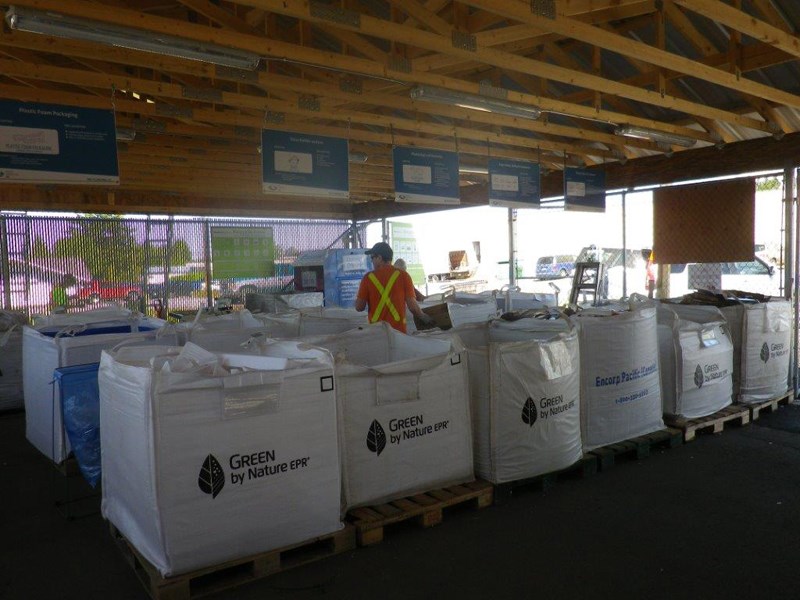Ever wonder why some items you try to recycle are turned away? If you crave an answer deeper than, “Because the guidebook says so,” keep reading.
Recycle BC, the non-profit organization responsible for recycling certain items, is the program curbside and depot recyclers follow to determine an item’s acceptability.
When it started up in May 2015, Recycle BC made two unique promises: not to incinerate collected recyclables and to process all recyclables in North America.
These earth-friendly stances have resulted in many of the crinkly laminate plastics being turned away, which still does not account for why plastic forks or broken drinking glasses are not accepted. Recycle BC is a program for printed paper and packaging, which excludes anything sold as a product.
What is the good news? This new program is funded by producers of printed paper and packaging rather than the consumer.
What is the surprising news? It was never intended to be a recycling program for everything ever made. Recycle BC is, in fact, one of about 20 provincially mandated extended-producer responsibility (EPR) programs. Others include programs for recycling batteries, light bulbs, small appliances, tires, paint and electronics.
BC boasts the most EPRs in the country, so we are doing better than other regions for recycling options.
Another head-scratcher when it comes to the recycling bin is why plastic bags, glass and styrofoam are only accepted at depots, not curbside. The quick and short of it is they can damage processing machinery and contaminate the rest of the load, so a depot drop is the only option.
We have come a long way from open-pit burning at the old incinerator site near Willingdon Beach, thank goodness, and we can still do better.
In the meantime, these recycling programs do not take us off the hook from observing the first R: reducing. Our consumption is always the most direct route to zero waste.
Anyone who is still confused about the ins and outs of recycling should check out the 2017 Waste Wise Guide at letstalktrash.ca.
Let’s Talk Trash is Powell River Regional District’s waste-management education program.



